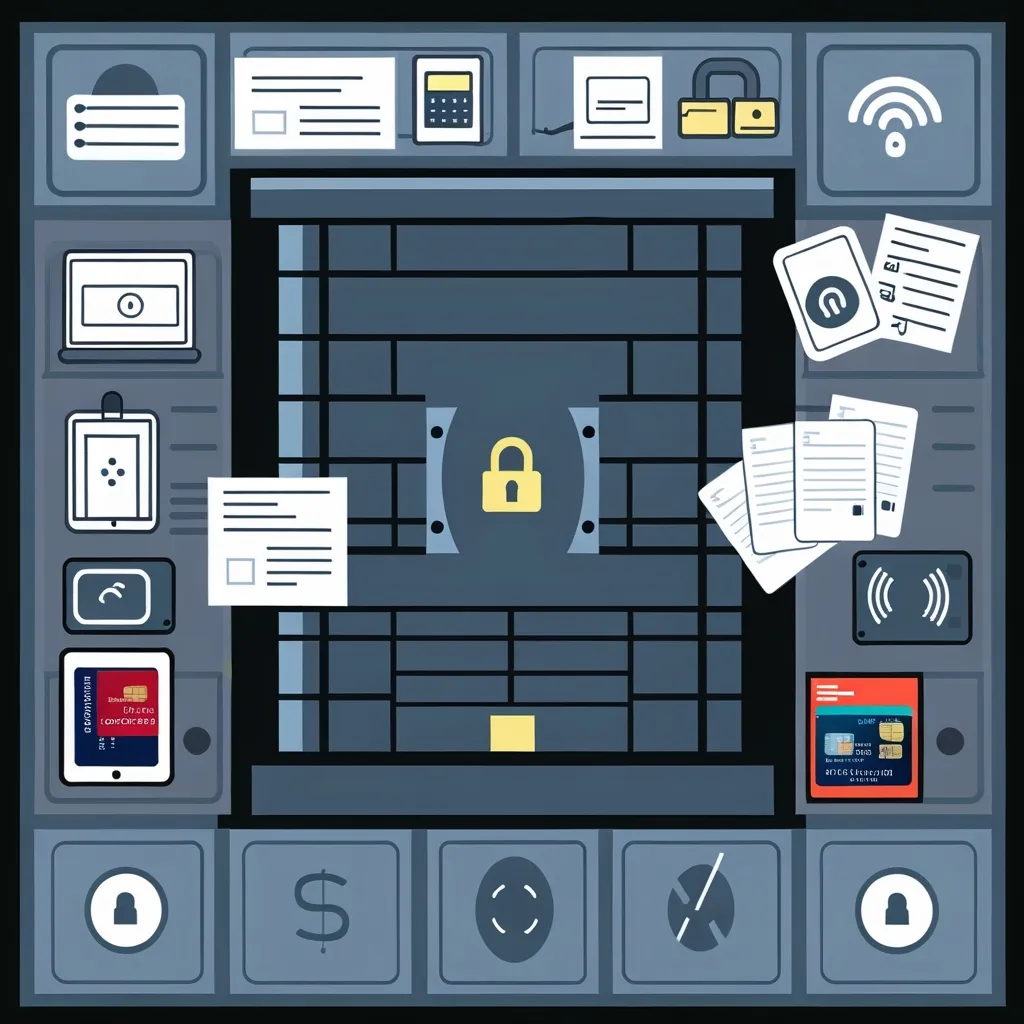Alright, folks, let’s dive deep into prepping your finances for any bumpy economic roads ahead. Even when everything seems rosy in the economy, being ready for a downturn is like having an umbrella handy on a sunny day—it just makes sense.
Understanding Your Financial Landscape
First things first, get a real good handle on where you stand financially. Open up all your accounts and take a proper look. Write down which companies you’re tied to, who you’re paying those dreaded bills to, and what your monthly expenses typically look like. Separate the necessities from the nice-to-haves. This way, if things go south, you know what to cut back on and who to reach out to.
Budget Like a Boss
Budgeting isn’t just a chore; it’s your lifeline whether times are good or not-so-good. It helps you keep track of living expenses, emergency savings, debt payments, and realistic financial goals. Live within your means and frequently check your budget to ensure you’re on track. When the economy slows down, and the going gets tough, adapt your budget—look for discounts, trim the non-essentials, and make those pennies count.
Emergency Fund is Your Best Buddy
Think of an emergency fund as your financial superhero. Aim to save up enough to cover three to six months’ worth of living expenses. Start small though—maybe kick off with $1,000 and then build up from there. Should life throw a curveball, this fund will catch you and keep you from drowning in debt.
Crush High-Interest Debt
Debt is like an anchor, especially the high-interest kind. Make it a mission to pay down these debts swiftly, starting with those massive interest ones. Getting rid of significant debt can give you more breathing room in your budget, making it easier to save and manage other necessary expenses.
Invest in Yourself
Boost your skills, get that certification, or learn something new. Self-improvement can enhance your job prospects and make you more valuable in the workforce when times are tough. Plus, networking—both online and in real life—could open doors to new opportunities.
Keep Retirement Contributions Steady
Even if the economy tanks, keep on contributing to your retirement funds. Stopping your contributions can derail your long-term financial goals. Keep funneling into your 401(k) or other retirement accounts to ensure you’re planning for a comfy future.
Evaluate Your Investments
The market can be a rollercoaster during a recession. Stay calm and avoid making decisions based on emotions. Stick to your long-term goals and talk to a trusted financial adviser before making any big moves with your investments.
Earn Extra Cash
Picking up a side hustle can be a game-changer. Think about writing an e-book, starting a blog, or creating an online course on a topic you know well. Pop the extra income straight into your savings to fortify your financial safety net.
Keep Your Cool
Let’s be real, recessions can freak people out, leading to rash decisions. Practice mindfulness to maintain a cool head. Focus on your long-term objectives and don’t let panic drive you to impulsively sell investments or pile on debt. If the financial world feels too overwhelming, consider getting advice from a financial expert.
Polish Your Resume and Skills
Job cuts can be a harsh reality during recessions. Update your resume with recent achievements and skills. Get out there and network—it can open doors you didn’t even know existed, making you more employable if the job market tightens.
Dodging Financial Missteps
When times are tough, sidestep common errors that can make things worse. Don’t panic or ramp up your debt, even if the interest rates are appealing. Also, avoid co-signing loans for others—this could pile on extra financial stress.
Stay Informed, Not Obsessed
Keep tabs on the economy, but don’t stress over every headline. It’s key to focus on what you can control—your finances. Inform yourself enough to prepare but not enough to overreact.
Overall, preparing for a recession demands a mix of smart financial planning, savvy debt management, and ongoing personal growth. These steps build a strong foundation that’ll help you glide through economic storms. Always better to preempt and have a game plan rather than scramble when things get rocky. Keep your eyes on the prize and stay ready for whatever the economy throws your way!






